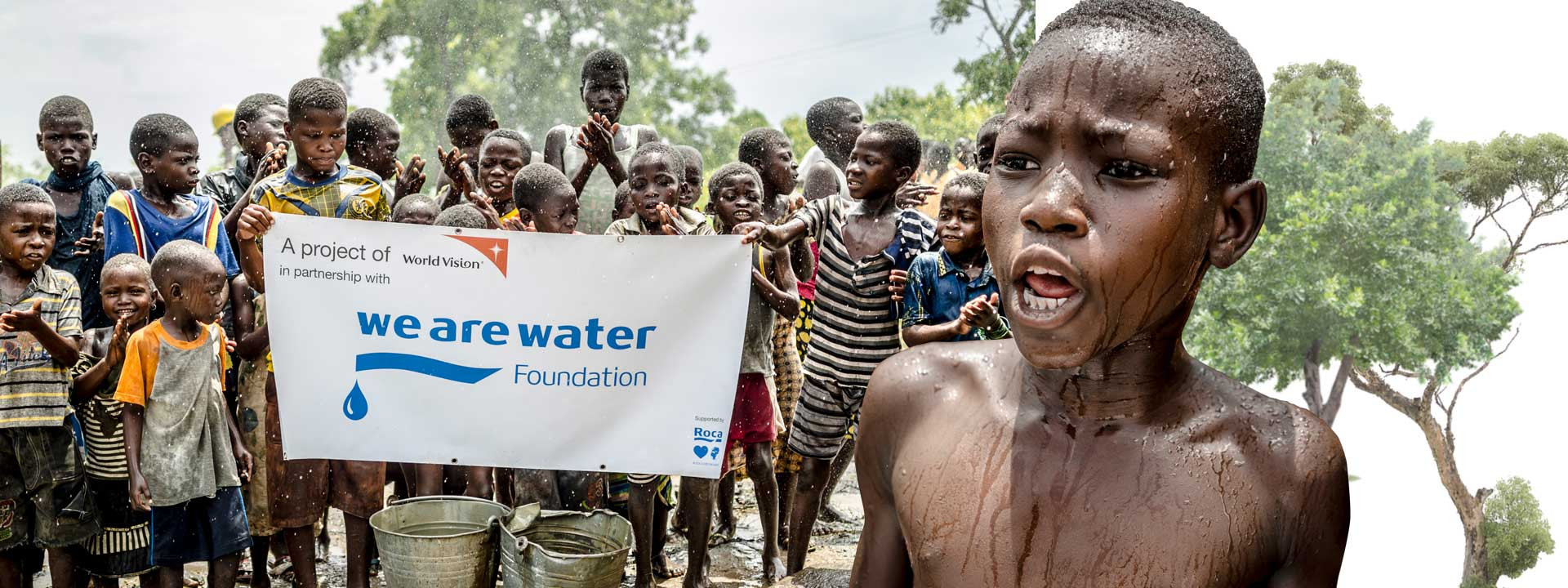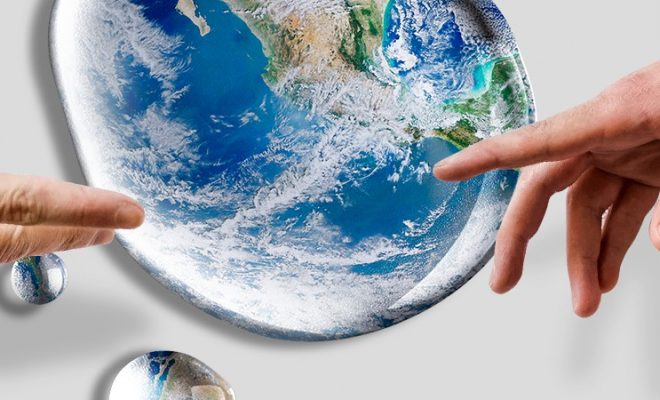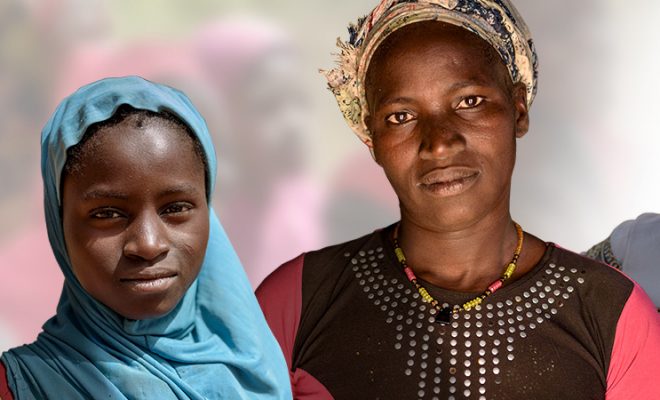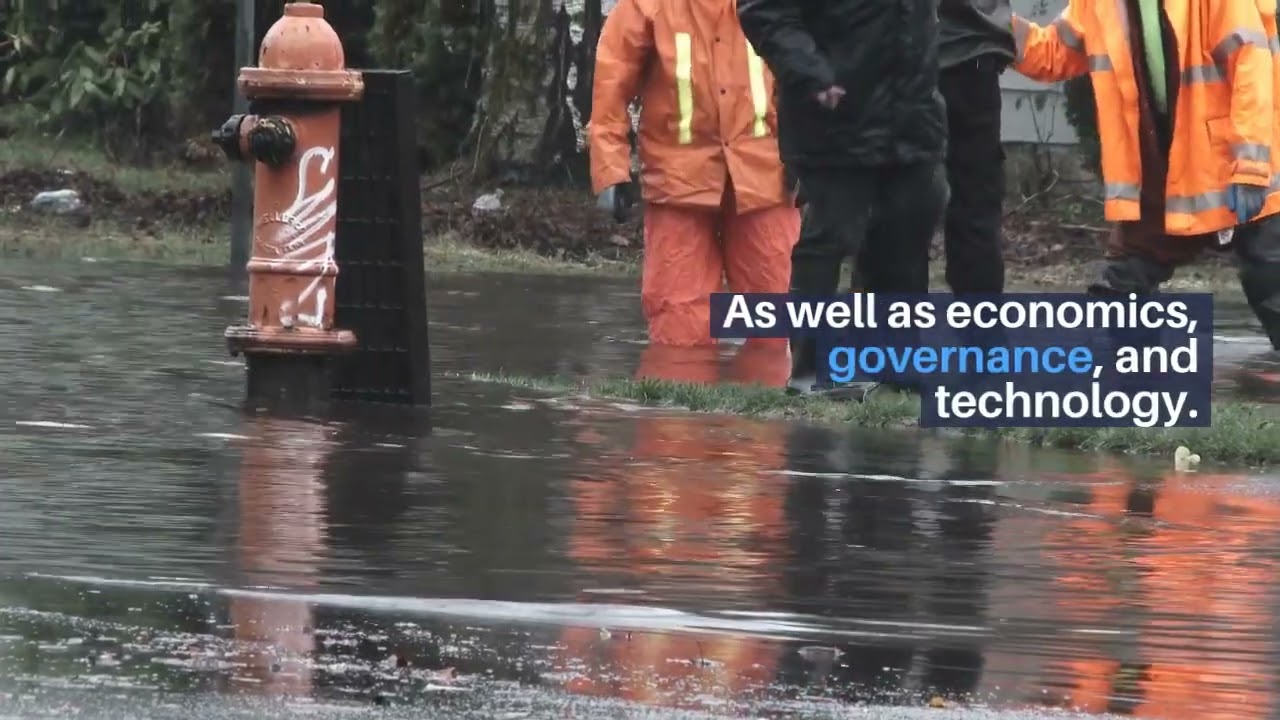
In many developed countries, the construction of concrete walls to reduce exposure to floods has been a relatively frequent practice in the most exposed areas. This action has proven to be effective in the short and medium term, and this has been the main argument to defend these infrastructures against those who denounce the environmental damage caused. But after a while, in many cases, a more violent flood has surpassed these artificial defenses, and the damage has been more significant. Therefore, effective and sustainable solutions need a much broader approach.
The concrete wall makes us forget many things. So far, most watershed management plans do not include the restoration of river channels by increasing vegetation and creating wetlands that act as sponges. Only in the past few decades have we realized that the violence of runoff increases in newly built-up areas, which have grown without sustainable urban drainage systems (SUDS). Likewise, millions of kilometers of roads and streets have been built without pavements permeable to rainwater. In the poorest regions, many slums spread their shantytowns in areas with high flooding exposure without any forecasting and warning system.
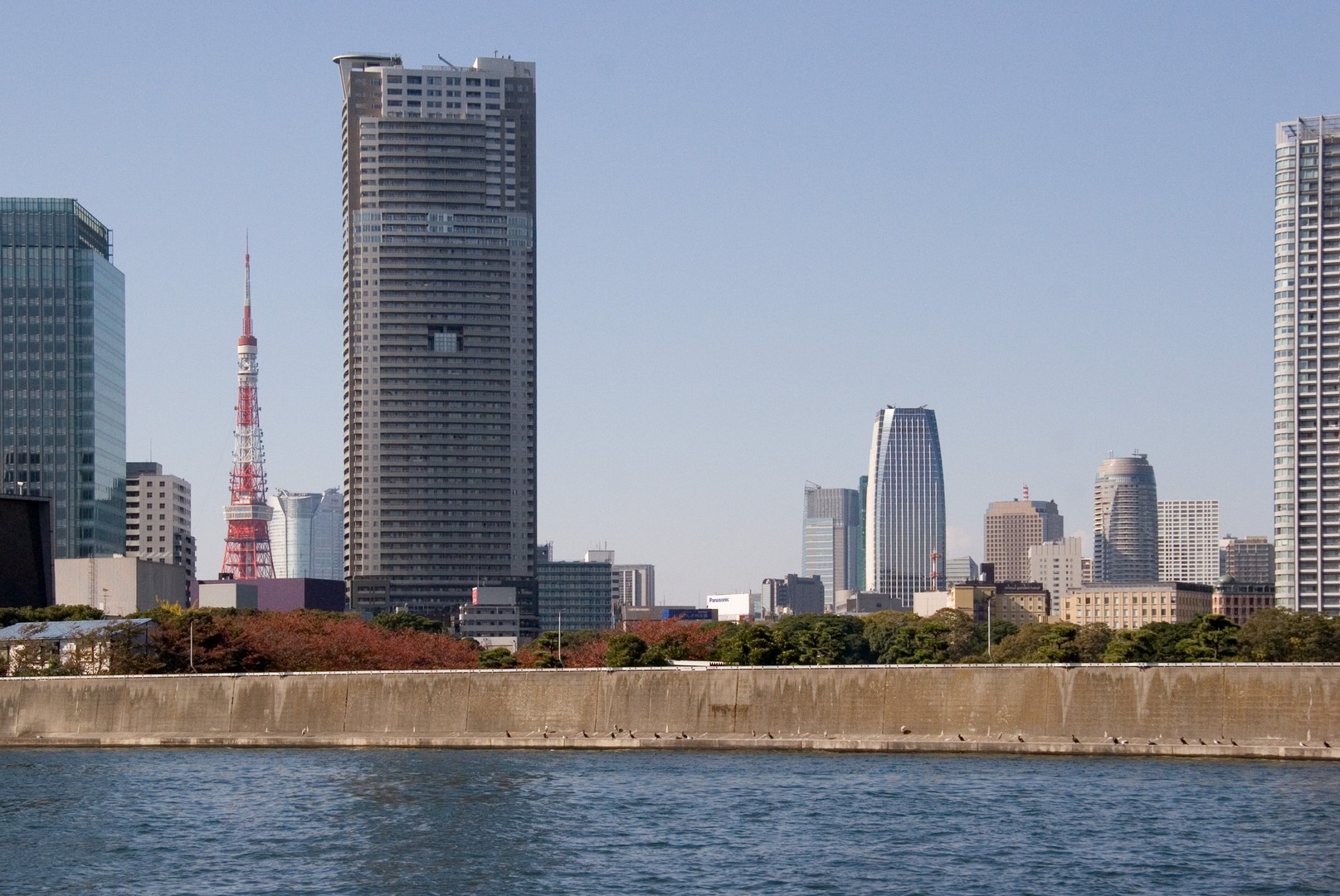
The world of water shows us that we must study problems and approach solutions from a global perspective.. © Rikyu Gardens
Managing flood risk upstream, and not just downstream, is much more effective and sustainable than the local and short-term vision of floodwalls. It is an example of the “systemic approach” we must follow: people, water, and nature are all part of the same system in which problems must be addressed comprehensively. Isolated sectoral approaches have a high risk of failure in terms of efficiency and sustainability.
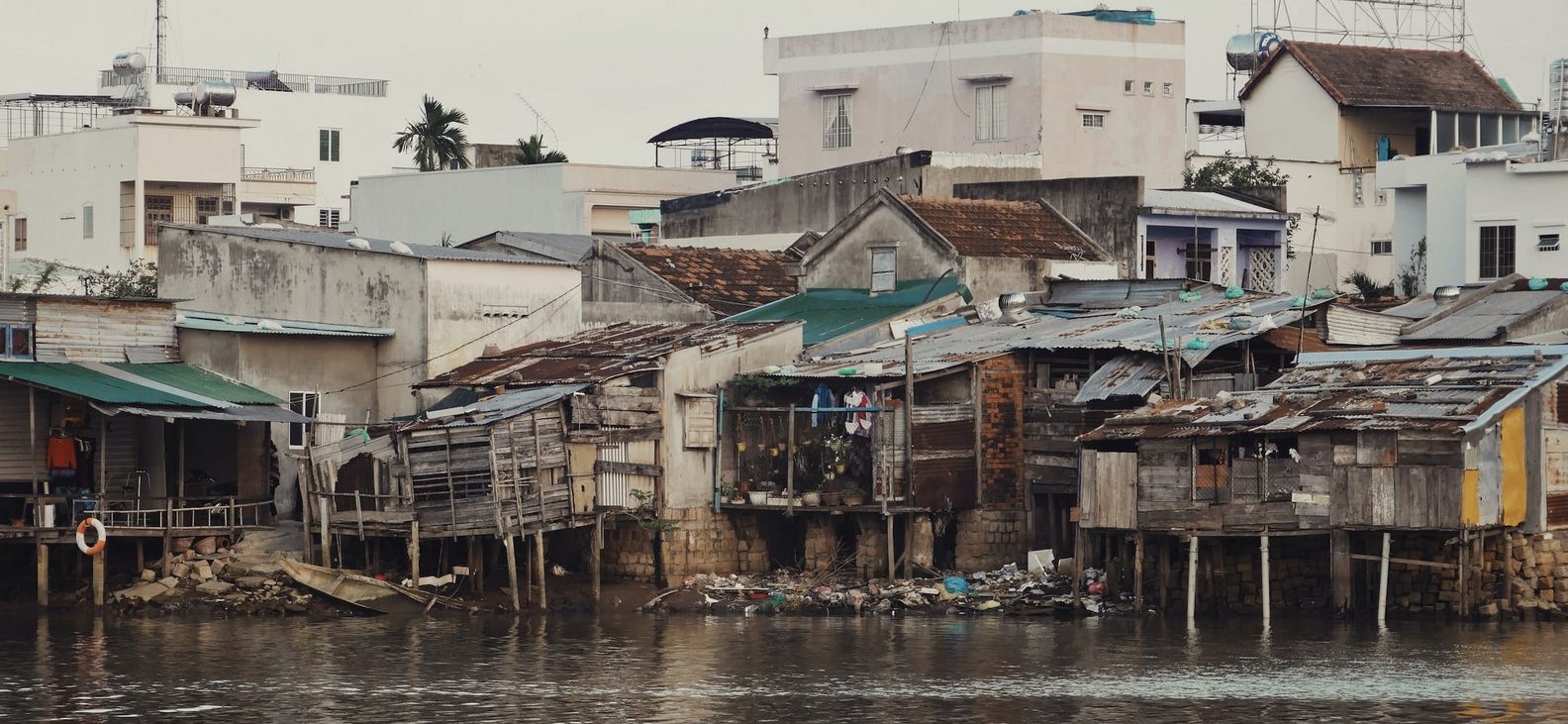
In the poorest regions, many slums spread their shantytowns in areas with high flooding exposure without any forecasting and warning system. © Jordan Opel / unsplash
General System Theory
In 1951, this vision was in the mind of biologist and philosopher Karl Ludwig von Bertalanffy when he enunciated the General System Theory (GST). The Austrian scientist advocated that biology should view organisms as open systems in constant and complex exchange with other surrounding systems. GST was soon extended to all social, economic, and geographical phenomena, stating that, to understand and solve the problems created, any study should be interdisciplinary and never isolated.
Alejandro Alvarado, a hydrologist at the Autonomous University of the State of Mexico, proposes to apply GST to water by establishing five subsystems:
- Biophysical, which studies the natural processes involved in the water cycle, such as rainfall, relief, vegetation, and land use.
- Socio-cultural, which provides information on consumption habits and types of organization.
- Technological, which refers to water infrastructures.
- Political-administrative, which is made up of public and private sectors involved in access to water.
- Economic, which considers costs and revenues and their impact on consumers.

We find another example of the need for a systemic approach to achieving effective and sustainable solutions in sanitation and hygiene in schools in poor rural areas of Africa.
The GST in access to water, sanitation, and hygiene
Access to water is an excellent example of the importance of this holistic approach: it is closely interrelated with all human activities, which is why the damage caused by water crises tends to spread to other economic and social sectors through the domino effect. The new EU Adaptation Strategy, unveiled in February 2021, recognizes that smart and sustainable water requires closer cooperation between adaptation actions and governance, as well as transformations in all sectors in a cross-sectoral and not isolated way. The EU is entering fully into the systemic approach. It is a challenge that is taken on late, but it raises awareness of the need for a global vision in governments and institutions in the face of the enormous complexity of the problems we face if we are to achieve the SDGs by 2030.
We find another example of the need for a systemic approach to achieving effective and sustainable solutions in sanitation and hygiene in schools in poor rural areas of Africa. In the project we are developing with UNICEF in Malawi, one of the objectives is for schoolgirls to achieve full access to hygiene and for this to cover the age of menstruation.
To do this, in addition to clean water and safe latrines, the schoolgirls need separate facilities where they are guaranteed privacy and can wash and hang out their clothes. But they also need cultural changes in their families and community to overcome the taboo of menstruation and physiological information to understand their biological cycle and best hygiene practices. However, the chain does not end there: access to affordable sanitary napkins must be ensured, and supply must not be interrupted. Only in this way, considering all these factors, will the project achieve its objectives, and female hygiene will be sustainable; water and latrines alone are not enough.
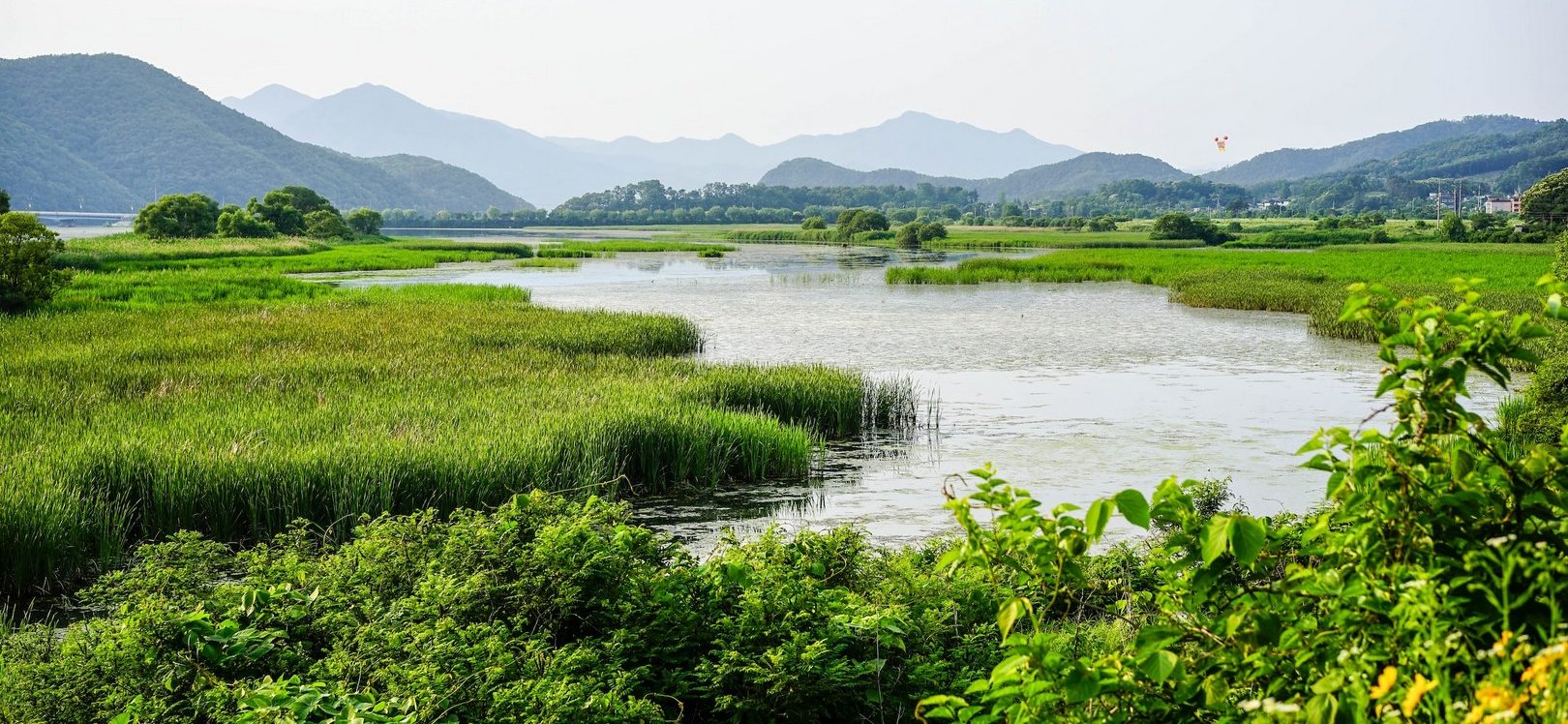
So far, most watershed management plans do not include the restoration of river channels by increasing vegetation and creating wetlands that act as sponges. © James Park / unsplash
The dangers of specialization
A short-term vision is one of the pitfalls we must avoid. Instead, we must seek the path of long-term sustainable resilience rather than the quick fix often proposed from a technological perspective. Today, in the developed world – and also in emerging economies – high-level technical specialization is being encouraged. Specialists who excel in their field, but know almost nothing about others, are gaining more and more prominence. Sociologists warn that super-specialization is an emerging characteristic of systems that are becoming increasingly complex, and humanity’s current situation proves it.
Specialists are necessary, as is technology. However, a solution based on a model that addresses problems only from a technical perspective needs to be revised, as it may increase the enormous existing barriers. In fact, in the scenario of the climate and social crisis we live in, many proposed analyses and solutions are flawed because they are biased by this super-focused vision that must take into account the systemic dimension of the problems.
Everything is related, we cannot avoid it, and we must face this complexity from a global perspective. Therefore, we find the best reference to guide us in the water world.


